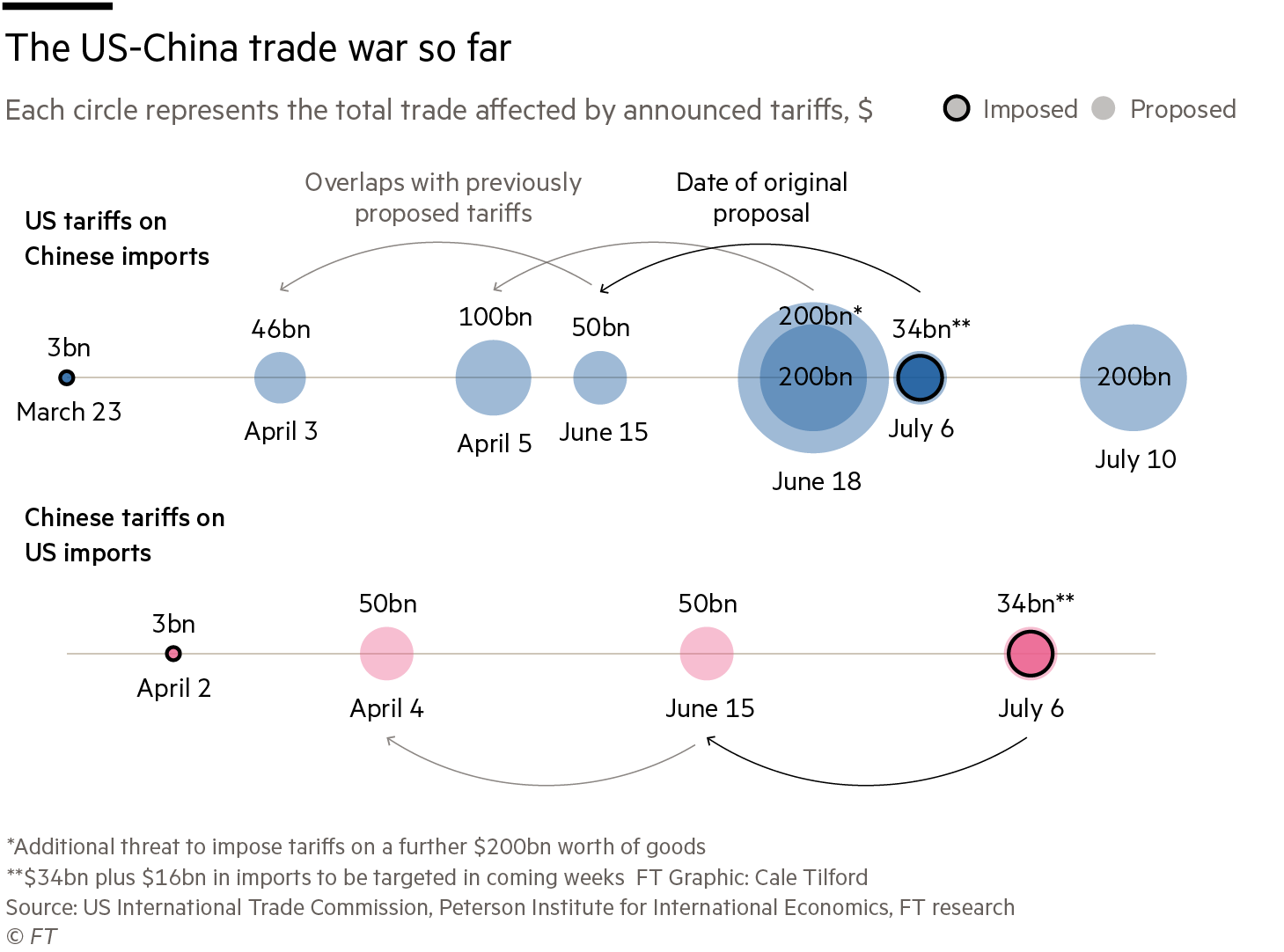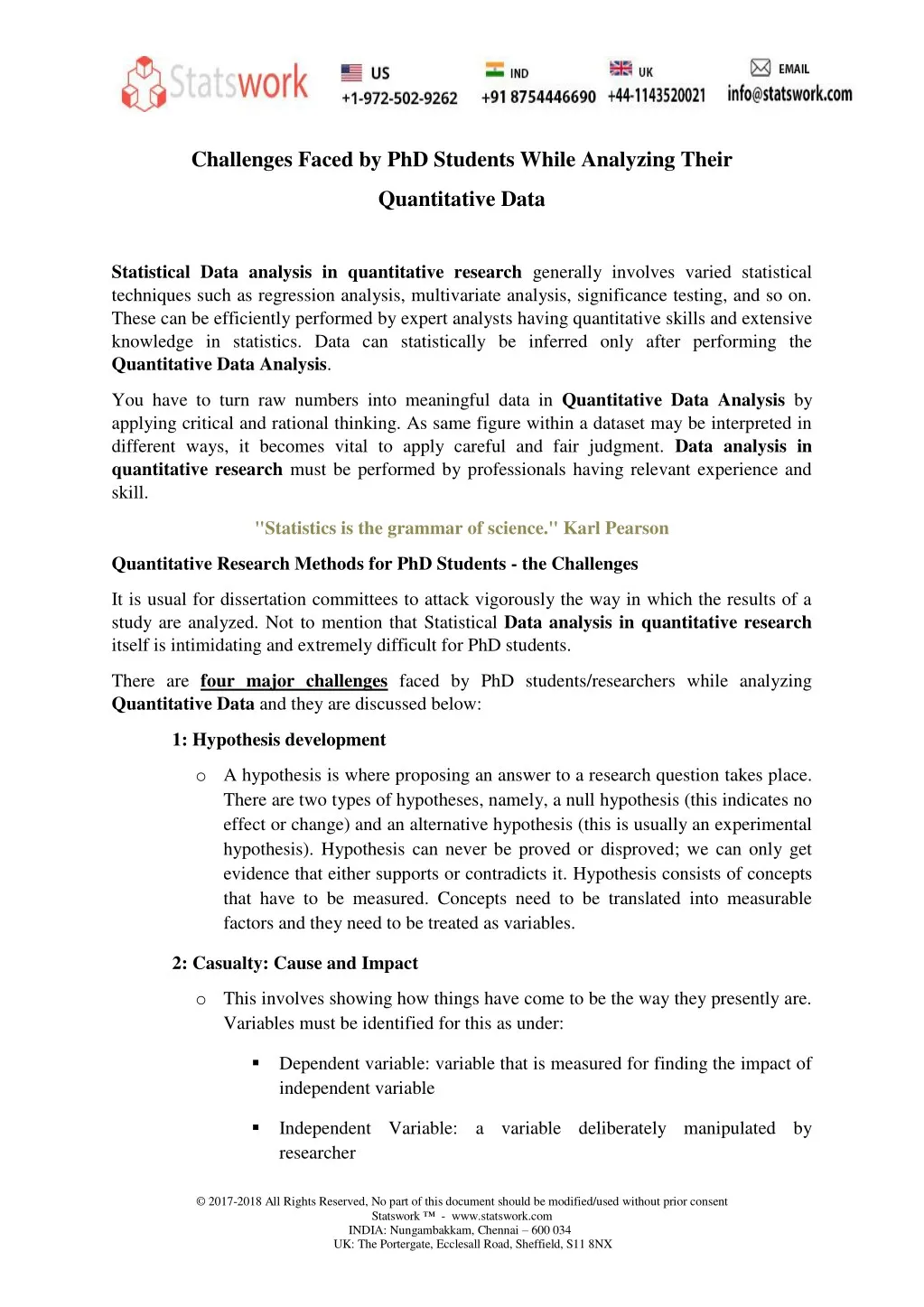Carney's Claim: Canada Holds Leverage In US Trade Deal Negotiations

Table of Contents
Mark Carney, former Governor of the Bank of Canada, recently asserted that Canada holds significant leverage in its trade negotiations with the United States. This bold claim sparks important questions about the economic and political dynamics shaping the Canada-US relationship. This article will delve into the factors supporting Carney's assertion, examining the economic interdependence between the two nations and the strategic advantages Canada possesses in trade negotiations. We'll explore the key areas where Canada's influence is most pronounced and assess the potential outcomes of these negotiations.
Canada's Economic Significance to the US
Canada's economic integration with the United States is profound, providing substantial leverage in trade negotiations. This deep interdependence creates significant vulnerabilities for the US if trade relations sour.
Energy Resources
Canada is a crucial supplier of energy resources to the US, a fact that significantly strengthens its negotiating position. This reliance extends beyond simple economics; it's a matter of energy security for the US.
- Reliance of US States: States like Michigan, New York, and the Pacific Northwest heavily depend on Canadian hydropower. Similarly, many US Midwestern and Eastern states rely on Canadian natural gas imports.
- Pipeline Infrastructure: The Keystone XL pipeline, while ultimately cancelled, highlighted the significant infrastructure investment and interconnectedness of the two countries' energy systems. Disruptions to this infrastructure, whether through policy or other means, would have major economic consequences for the US.
- Economic Consequences of Disruption: Any significant disruption to Canadian energy supplies would cause price spikes, energy shortages, and negatively impact various US industries. This vulnerability gives Canada substantial leverage in negotiations.
Manufacturing and Supply Chains
Canada is deeply embedded in US manufacturing and supply chains, particularly in the automotive sector. This tight integration makes it extremely difficult for the US to decouple economically from its northern neighbor.
- Automotive Sector: The automotive industry exemplifies this interdependence. Numerous US car manufacturers rely on Canadian parts and labor, creating a tightly interwoven production network.
- Economic Impact: Canadian participation in US supply chains contributes billions of dollars to the US economy annually. Disrupting this relationship would create significant economic losses.
- Supply Chain Vulnerabilities: The COVID-19 pandemic exposed the fragility of global supply chains. Canada's role in these chains underscores its crucial importance to the US economy and strengthens its hand in negotiations.
Agricultural Products
Canada is a major exporter of agricultural products to the US, ensuring food security and influencing food prices south of the border. This sector offers another area of leverage in trade discussions.
- Key Exports: Canadian exports to the US include significant quantities of beef, pork, canola oil, and dairy products, among others.
- Impact on US Food System: These Canadian products play a vital role in the American food system, impacting availability, price, and consumer choice.
- Food Security and Prices: Disruptions to Canadian agricultural exports could trigger food price increases and potential food security concerns in the US, giving Canada significant negotiating power.
Political and Geopolitical Factors
Beyond economics, political and geopolitical factors bolster Canada's leverage in trade negotiations with the US.
Shared Values and Security Concerns
Canada and the US share strong historical, cultural, and security ties. This close relationship creates a foundation for mutual understanding but also interdependency.
- North American Security: The Canada-US relationship is paramount for North American security. The two countries cooperate extensively on defense and intelligence, creating a strong bond and influence.
- Shared Defense Initiatives: Joint military exercises, intelligence sharing, and coordinated responses to shared threats strengthen the bilateral relationship and reinforce Canada's position.
International Alliances and Trade Agreements
Canada’s participation in various international trade agreements provides additional leverage in negotiations with the US.
- CUSMA (USMCA): The renegotiated Canada-United States-Mexico Agreement itself illustrates Canada's ability to negotiate effectively with the US.
- Multilateral Trade Discussions: Canada's active participation in WTO and other multilateral trade forums gives it a broader platform and international credibility, strengthening its voice in bilateral talks.
- Leveraging Agreements: Canada can leverage its commitments and obligations under these agreements to its advantage during negotiations with the US.
Potential Areas of Negotiation and Leverage
Several specific areas highlight Canada's potential leverage in trade negotiations:
Softwood Lumber
The long-standing softwood lumber dispute demonstrates Canada's ability to leverage its position as a major supplier. Restrictions on Canadian lumber exports have significant economic repercussions for the US construction industry.
Dairy and Agricultural Products
Canada can use its agricultural exports as a bargaining chip, impacting food prices and availability in the US if necessary. Negotiations often center on access to the US dairy market.
Environmental Regulations and Policies
Canada's leadership in environmental protection can be a valuable negotiating tool, particularly on issues like climate change and clean energy.
Digital Trade
The burgeoning digital trade sector presents a significant opportunity for Canada to leverage its expertise and regulatory framework in negotiations with the US.
Conclusion
Mark Carney's assertion that Canada holds significant leverage in US trade deal negotiations is well-supported by the substantial economic interdependence, shared political interests, and strategic positioning in key sectors. Canada's vital role in the US energy market, its integral position within North American supply chains, and its proactive engagement in international trade agreements all contribute to a strong negotiating stance. Understanding these factors is critical to grasping the complexities and potential outcomes of future Canada-US trade discussions. Further research into specific sectors and ongoing negotiations will provide a clearer picture of the evolving power dynamics between these two North American giants. To stay informed on the latest developments regarding Canada's leverage in US trade negotiations, continue to follow our updates on this crucial issue.

Featured Posts
-
 Charleston Open Pegula Upsets Defending Champion Collins
Apr 27, 2025
Charleston Open Pegula Upsets Defending Champion Collins
Apr 27, 2025 -
 The Cdc And Misinformation Examining The New Vaccine Study Hire
Apr 27, 2025
The Cdc And Misinformation Examining The New Vaccine Study Hire
Apr 27, 2025 -
 German Coalition Steady Despite Bsw Leader Crumbachs Departure
Apr 27, 2025
German Coalition Steady Despite Bsw Leader Crumbachs Departure
Apr 27, 2025 -
 Ackman On Us China Trade War A Long Term Perspective
Apr 27, 2025
Ackman On Us China Trade War A Long Term Perspective
Apr 27, 2025 -
 Canadian Sourcing A Key Strategy For Napoleon
Apr 27, 2025
Canadian Sourcing A Key Strategy For Napoleon
Apr 27, 2025
 The China Factor Analyzing The Automotive Challenges Faced By Bmw And Porsche
The China Factor Analyzing The Automotive Challenges Faced By Bmw And Porsche
 Chinas Auto Market Why Bmw Porsche And Others Face Difficulties
Chinas Auto Market Why Bmw Porsche And Others Face Difficulties
 Bmw And Porsche In China Market Headwinds And Strategic Adjustments
Bmw And Porsche In China Market Headwinds And Strategic Adjustments
